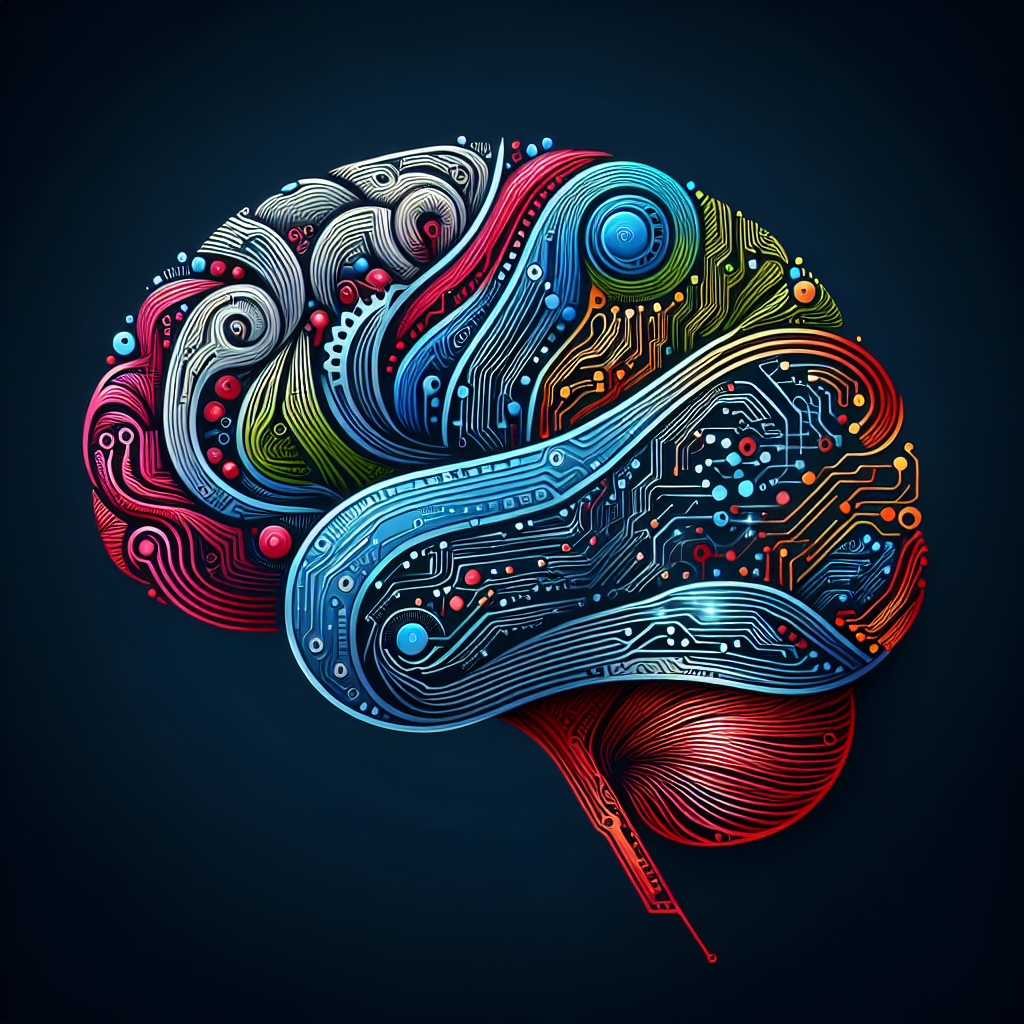Artificial intelligence (AI) has been making significant strides in various fields, from healthcare to transportation, but its impact on the creative process is perhaps one of the most intriguing developments. Traditionally, creativity has been seen as a uniquely human trait, requiring intuition, emotion, and ingenuity. However, AI is challenging this notion by demonstrating its ability to generate creative content, such as music, art, and literature. This raises questions about the role of AI in the creative process and how it may redefine our understanding of creativity.
AI and Creativity: The Basics
AI refers to the simulation of human intelligence in machines that are programmed to think and learn like humans. This includes the ability to reason, perceive, and solve problems, all of which are essential components of creativity. AI algorithms can analyze vast amounts of data, identify patterns, and generate new ideas based on this information.
One of the ways in which AI is revolutionizing creativity is through generative AI, which can create new content without explicit human input. For example, AI can compose music, create visual art, and even write poetry. These AI-generated works often mimic the style of human creators, blurring the lines between what is considered human and machine-generated.
The Role of AI in the Creative Process
AI is changing the creative process in several ways. Firstly, AI can assist human creators by providing inspiration and generating ideas. For example, an AI algorithm can analyze a dataset of existing songs and generate new melodies based on this information. This can help musicians overcome creative blocks and explore new avenues in their work.
Secondly, AI can automate certain repetitive tasks, allowing creators to focus on more complex and innovative aspects of their work. For example, AI can assist in editing videos, designing graphics, and even writing code. This can save creators time and energy, enabling them to be more productive and creative in their work.
Thirdly, AI can democratize the creative process by making it more accessible to a wider range of people. For example, AI tools such as Adobe’s Photoshop and Premiere Pro offer features that enable non-professionals to create high-quality visual content. This can empower individuals who may not have traditional artistic skills to express themselves creatively.
AI and the Future of Creativity
As AI continues to advance, it is likely to have a profound impact on the creative industries. For example, AI-generated content may become more prevalent in music streaming services, art galleries, and literature publications. This raises questions about the authenticity and originality of AI-generated works, as well as the role of human creators in a world dominated by AI.
Furthermore, AI may challenge our understanding of creativity itself. If AI is capable of generating creative content, does this diminish the value of human creativity? Or does it expand the possibilities of what can be considered creative? These are complex questions that require careful consideration and ethical reflection.
FAQs
Q: Can AI truly be creative?
A: AI can generate creative content that mimics human creativity, but whether this constitutes true creativity is a matter of debate. Some argue that AI lacks intentionality, emotion, and consciousness, which are essential aspects of human creativity. Others believe that creativity is a spectrum, and AI can occupy a different point on this spectrum.
Q: Will AI replace human creators?
A: While AI can automate certain aspects of the creative process, it is unlikely to replace human creators entirely. Human creativity is deeply rooted in emotion, intuition, and experience, which AI cannot replicate. Instead, AI is more likely to augment human creativity by providing new tools and opportunities for expression.
Q: How can creators benefit from AI?
A: Creators can benefit from AI by using it to generate ideas, automate tasks, and reach new audiences. AI tools can help creators overcome creative blocks, streamline their workflow, and expand their creative horizons. By embracing AI, creators can enhance their creativity and stay competitive in a rapidly evolving digital landscape.
In conclusion, AI is redefining the creative process by challenging our traditional notions of creativity and expanding the possibilities of what can be considered creative. While AI-generated content may raise questions about authenticity and originality, it also offers new opportunities for creators to innovate and express themselves. As AI continues to advance, it is essential for creators to embrace this technology and explore its potential to enhance their creativity and impact on the world.

